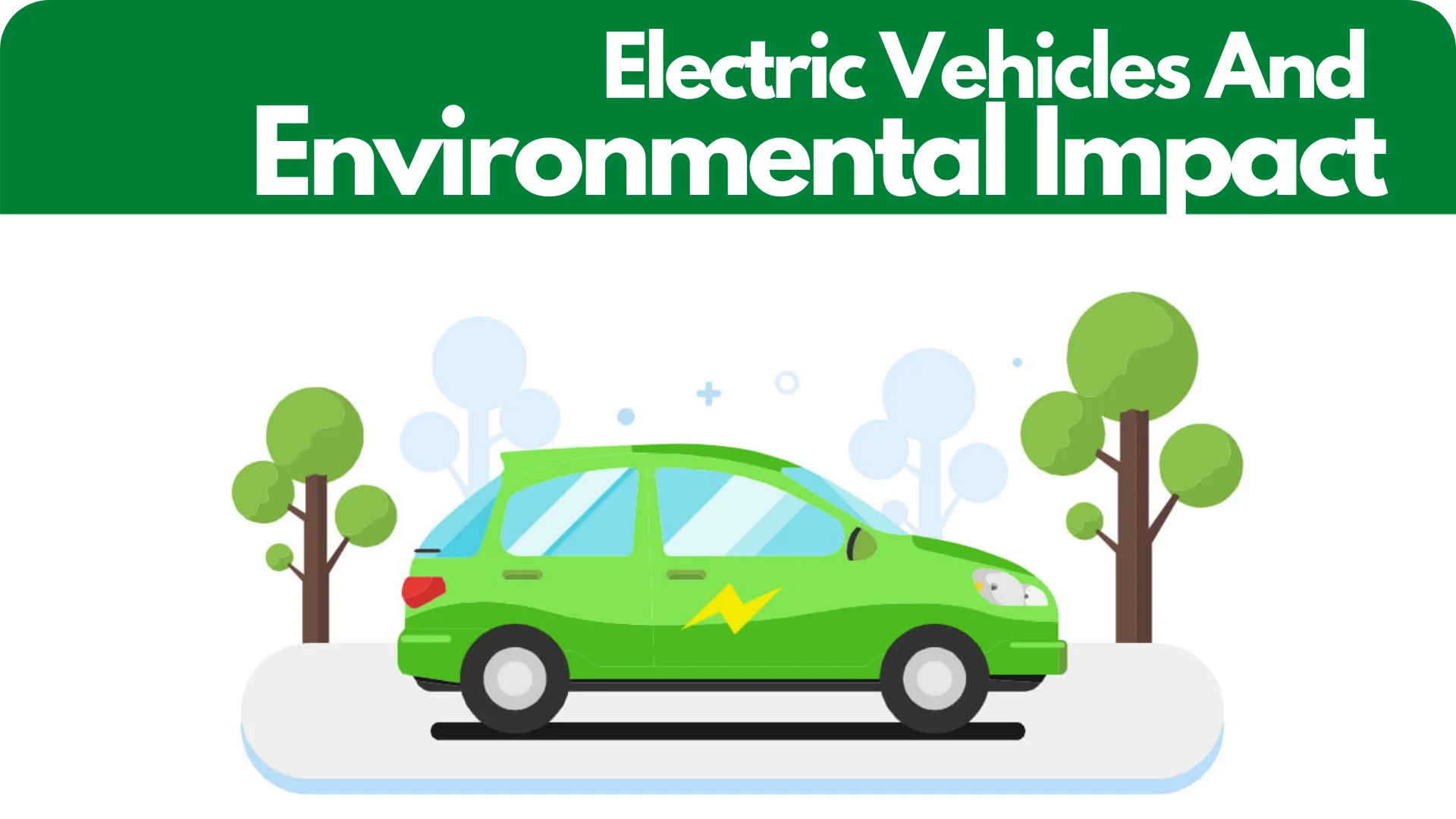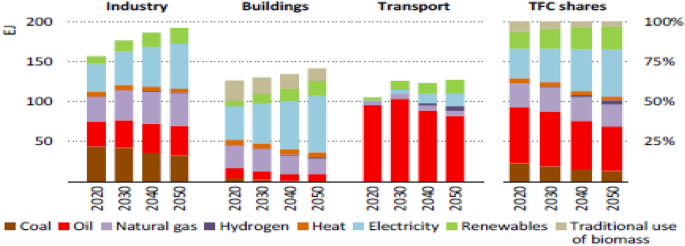Understanding the Impact of Electric Cars
How are electric cars shaping our future? Join us as we explore their significant impact.

Electric cars are no longer a distant dream; they are shaping up to be the future of the automotive world. The rise of companies like Tesla, Nissan, and BMW has shown us that electric is the way forward. However, like any significant change, the arrival of electric cars brings about many transformations. Join us to explore how electric cars are impacting our world and what their future holds.
The Unignorable Impact of Electric Cars
Electric cars are more than just vehicles; they represent a seismic change in our society. Their implications reach far beyond transportation, affecting our environment, economy, and lifestyle. With every new technological leap these vehicles make, they redefine how we perceive and interact with automobiles.
Table of Contents
- Electric Cars and their Environmental Impact
- How Electric Cars Affect the Economy
- Electric Cars Transforming our Lifestyle
- The Pros and Cons of Electric Cars
- The Future Role of Electric Cars
Electric Cars and their Environmental Impact

Electric cars are synonymous with clean energy and have been hailed as the solution to reducing carbon emissions in transportation. As electric cars don't emit harmful tailpipe pollutants, they have a significant positive impact on air quality, particularly in urban areas.
"Electric cars can reduce carbon emissions by more than 50% compared to conventional vehicles." - International Energy Agency
However, the environmental impact of electric cars is not only about the emissions during use. The production phase, particularly the manufacture of batteries, involves significant energy consumption and emissions. Furthermore, the source of electricity used to charge the cars also affects their environmental footprint. As the grid shifts towards more renewable energies, electric cars will become increasingly 'clean'.
Benefits of Electric Cars to the Environment
- Lower CO2 Emissions: Electric cars emit considerably less carbon dioxide compared to their gasoline counterparts.
- Improved Air Quality: With no tailpipe emissions, EVs significantly reduce air pollution.
- Reduced Noise Pollution: Electric vehicles operate exceptionally quietly, reducing noise pollution.
How Electric Cars Affect the Economy

Electric vehicles are not just shaping the transportation landscape, but they're also leading a substantial economic transformation. There is a ripple effect in the economy due to the advent of electric cars, bringing both opportunities and challenges.
Manufacturing EVs and their components creates jobs, fostering industry growth. The infrastructure required for these cars, such as charging stations, also contributes to economic development. Governments worldwide are offering incentives to encourage EV adoption, further driving their economic impact.
"The electric vehicle market could create more than 10 million jobs by 2030." - World Economic Forum
On the other hand, the shift to electric vehicles threatens jobs in conventional vehicle manufacturing and fossil fuel industries. Some economies dependent on oil exports may be substantially affected. Transitioning these sectors and managing job displacement will be a significant challenge.
The Economic Impact of Electric Cars - Pros vs. Cons
- Job Creation: The EV market can foster job growth in EV production and related infrastructure.
- Economic Diversification: It provides an opportunity for economies to diversify their industrial base.
- Decreased Oil Dependency: Electric cars reduce dependency on fossil fuels, leading to more stable and resilient economies.
- Job Displacement: A shift to EVs threatens jobs in traditional auto manufacturing and the fossil fuel industry.
- Effects on Oil-Dependent Countries: Economies heavily reliant on oil exports might face challenges.
Electric Cars Transforming our Lifestyle
Electric cars are evolving the way we live. They're revolutionizing our driving experiences with advanced features like regenerative braking, one-pedal driving, and unprecedented acceleration. The silence of electric cars provides a more peaceful and relaxing drive.
Moreover, with electric cars, home becomes the new gas station. The ability to charge an electric car in your garage provides an unbeatable convenience. On the downside, range anxiety - the worry about whether the car's battery will run out of power before reaching the destination - is a common concern among potential EV adopters.
Lifestyle Alterations brought about by Electric Cars
In a sea change, electric cars have fundamentally transformed the car-ownership experience. The significant lifestyle alterations they bring about include:
- Home Charging: You can conveniently top up your car's battery at home, eliminating regular trips to the gas station.
- Routine Maintenance: With fewer moving parts, electric cars require less routine maintenance, changing the relationship between car owners and service centers.
- Green Living: Owning an electric car is a significant step towards adopting a greener lifestyle.
- Range Anxiety: The fear of running out of battery mid-journey is a new aspect of owning a car that electric vehicle owners have to deal with.
The Pros and Cons of Electric Cars

We've touched on many of the effects of electric cars, but let's round up their main advantages and inevitable disadvantages on - society, the economy, our lifestyle, and the environment.
Advantages of Electric Cars
At their core, electric cars provide significant benefits to both users and society which include lower emissions, cost-effectiveness, innovation promotion, and reduction in noise pollution. These automobiles also boost the renewable energy sector as they can be powered by solar or wind energy, thereby reducing reliance on fossil fuels.
Disadvantages of Electric Cars
Despite the significant steps forward, electric cars also have their downfalls. The most significant of these is the range anxiety, which is considerably less than that of their gas-powered counterparts. There's also the issue of high upfront costs, the production process's environmental impact, and disruption to the job market in traditional automotive and fossil fuel sectors.
The Future Role of Electric Cars

There's little doubt that electric cars will play a central role in the future of transportation. The International Energy Agency projects that there could be as many as 230 million electric cars on the roads by 2030. The question is not whether they will reach mainstream status but how quickly they will get there.
For electric cars to redefine transportation entirely, several significant barriers need to be overcome. These include improving battery technology, decreasing vehicle costs, and expanding charging infrastructure to accommodate the growth in EV ownership.
"Electric cars will be the majority of new car sales by 2040." - BloombergNEF
As the environmental, social, and economic benefits become clearer, and technology continues to advance, we can expect to see electric cars playing an increasing role in shaping our world.
Key Factors Shaping the Future of Electric Cars
- Technology Improvements: Technological advancements in battery storage, range, and charging times will lead to increased adoption.
- Policy Support: Governments around the world are taking steps to support the EV industry, from setting emission targets to offering financial incentives for EV buyers.
- Societal Acceptance: As public awareness increases and the benefits of electric cars are understood, societal acceptance will grow.
In conclusion, electric cars are not just transforming the auto industry but are also influencing our economies, environment, and everyday lives. Their impact is comprehensive, making them a key player in crafting our future.
What's Your Reaction?


































































